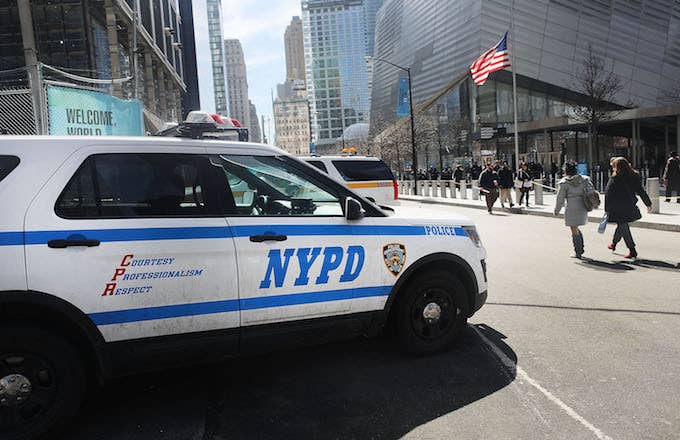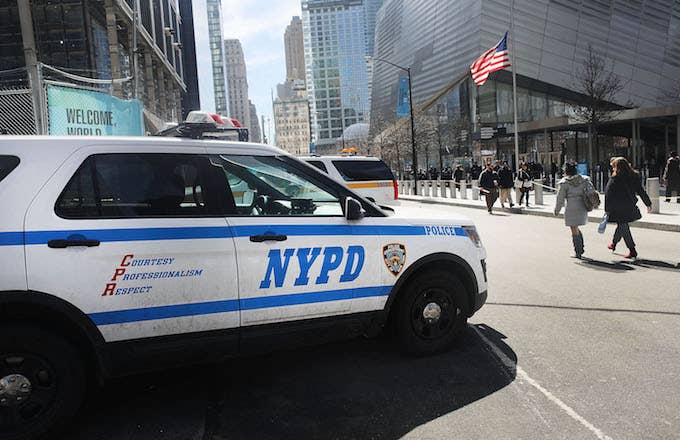
A family in Brooklyn has accused the NYPD of making off with their grandfather's ashes in small capsules that authorities believed to be heroin, the New York Postreports.
In February 2018, Lucia Santiago woke up from a nap when she saw "six or seven" officers in her Bushwick apartment conducting a raid. "When I opened my eyes I saw . . . six or seven police [officers] in my room," she recalls. "They told me, 'Get out of the bed.'" With Lucia, her son, and a grandson in cuffs, the authorities searched the home, and demanded to know where "the guns and drugs" were hidden.
The raid was being conducted in response to an allegation that one of Santiago's grandsons was involved in a gun sale. Their search allegedly led the officers to the cremated ashes of Lucia's husband Miguel, who died of natural causes at the age 72 in 2016, inside vials. The authorities believed that these capsules contained heroin, and took them in as evidence.
"I said, 'That's the ashes of my husband,'" Santiago claims to have told one cop. "'No,' he told me, 'That’s drugs.'" She, along with one of her sons, and her two grandsons were charged with possession of a controlled substance and ammunition, but the charges were later dismissed.
The goal now is to get Miguel's ashes back since the family was told "evidence they don’t use is discarded. We don’t know where my dad is at. We’re going on a year." The NYPD maintains that "a legal search warrant" was conducted, and any drugs obtained cannot be returned "because they cannot be legally possessed."
If the Santiago family has any hope of getting Miguel's ashes back, their next course of action would be getting a release from the district attorney’s office, and hopefully claiming it from the city’s property clerk. That is, if the vials are still there.

